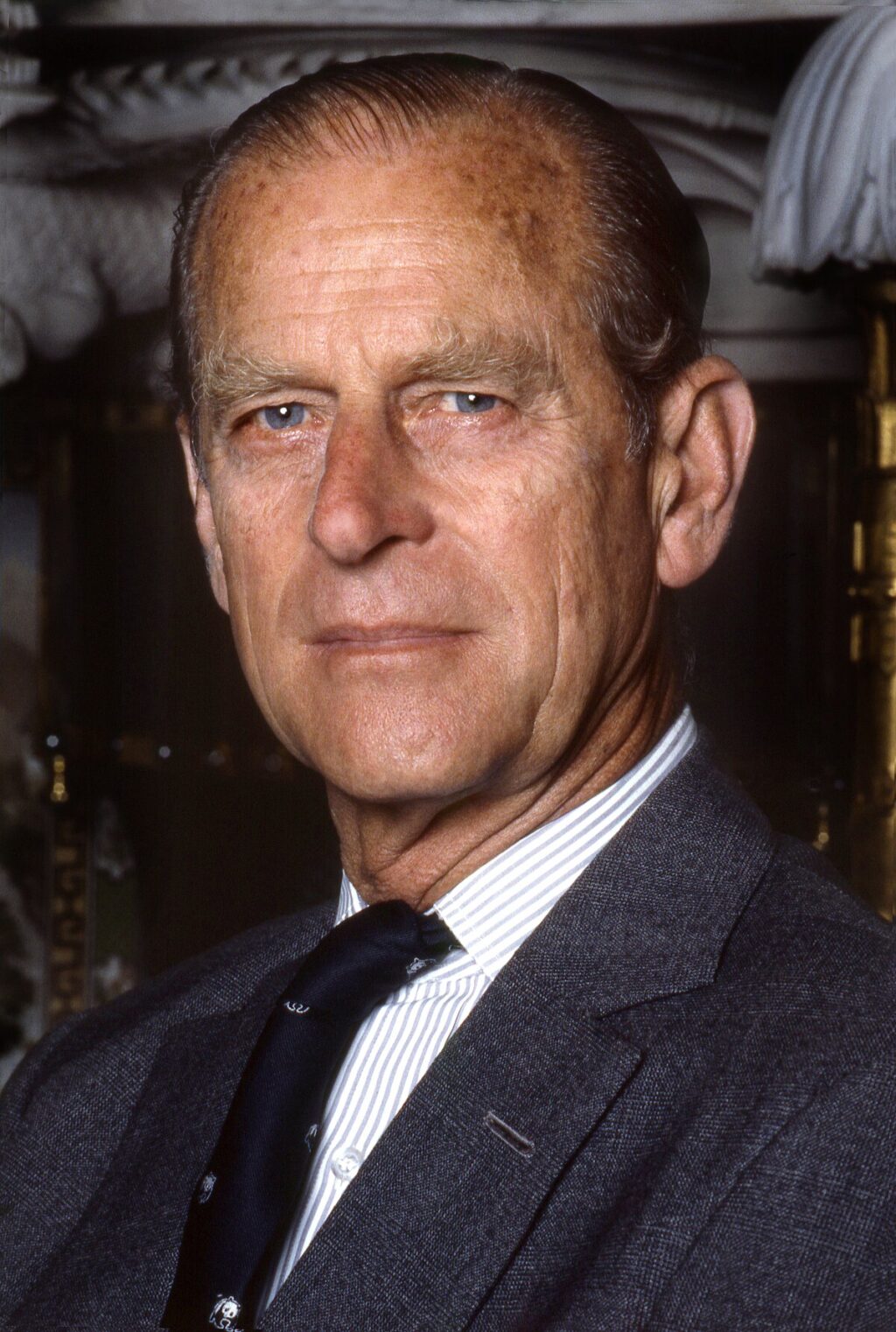
Introduction
The Duke of Edinburgh, Prince Philip, who passed away in April 2021, was a significant figure in British history and the royal family. His contributions to numerous social causes and the establishment of the Duke of Edinburgh’s Award program have continued to resonate across generations. As the world reflects on his legacy, it’s essential to acknowledge his role in shaping modern monarchy and promoting active youth engagement.
Significant Contributions
Born on June 10, 1921, Prince Philip dedicated over seven decades to public service and royal duties, becoming one of the most recognized figures globally. One of his standout achievements was establishing the Duke of Edinburgh’s Award (DofE) in 1956. This program has since engaged millions of young people worldwide, encouraging them to take on challenges that foster personal development, skills, and community service.
The DofE program has reached over 1.7 million participants in the UK alone, and its impact is evident: nearly every school across the country has students enrolled in this program. The unique blend of physical, skill, and volunteer activities provides a framework that promotes teamwork, resilience, and leadership.
Support for Environmental and Global Issues
Beyond the award scheme, the Duke of Edinburgh was a fervent advocate for environmental conservation. He founded the World Wildlife Fund (WWF) in 1961, which helped bring global attention to environmental issues. His commitment to promoting sustainability was pivotal, influencing many initiatives aimed at environmentally responsible practices. His outspoken nature on various issues, including climate change and conservation, has encouraged significant conversations about our responsibility to the planet.
Conclusion
As we remember the Duke of Edinburgh, it is crucial to recognize the far-reaching effects of his life’s work. His initiatives continue to inspire young individuals to strive for excellence through perseverance and community involvement. The DofE program alone has created a legacy of empowered youth and volunteers, fostering skills that benefit society. Understanding the significance of his contributions provides valuable insights into the modern monarchy’s role and the importance of philanthropy and public service in today’s world. As we move forward, the lessons learned from his life can guide future generations in making a meaningful difference.



